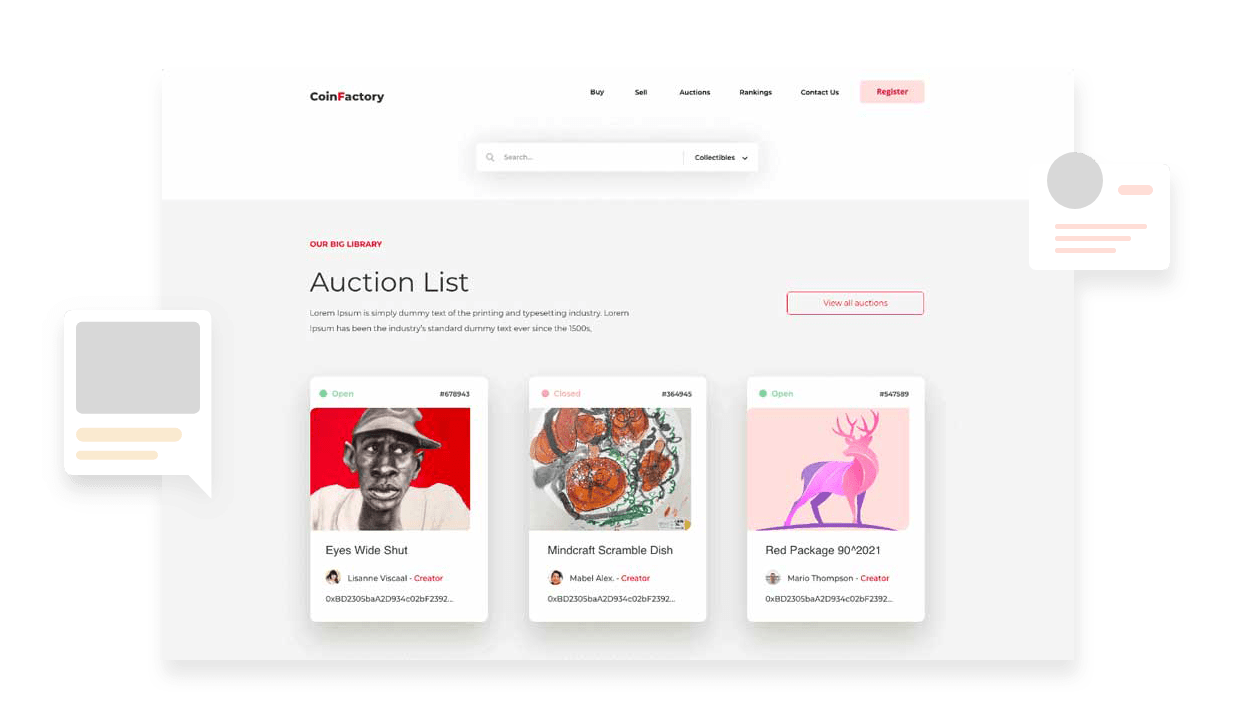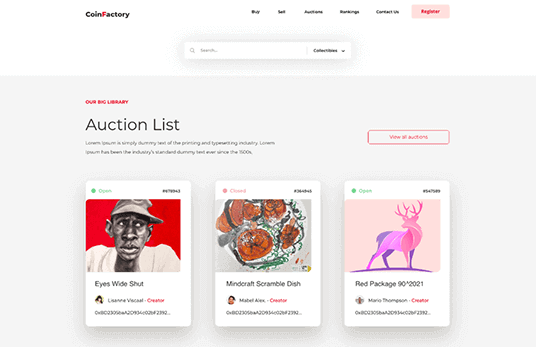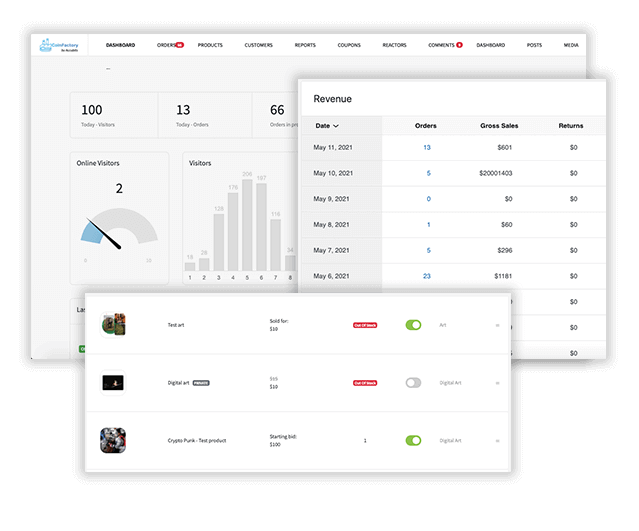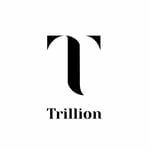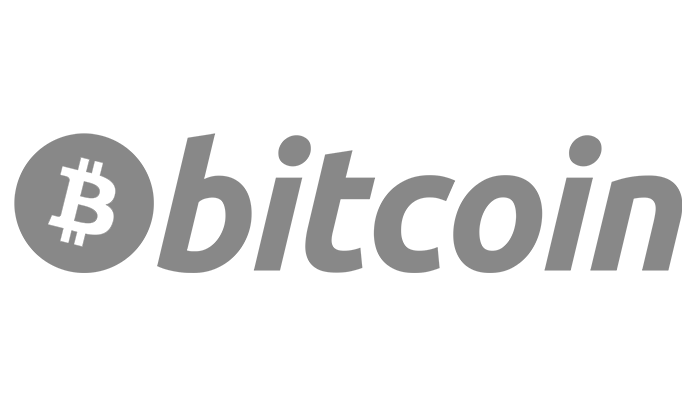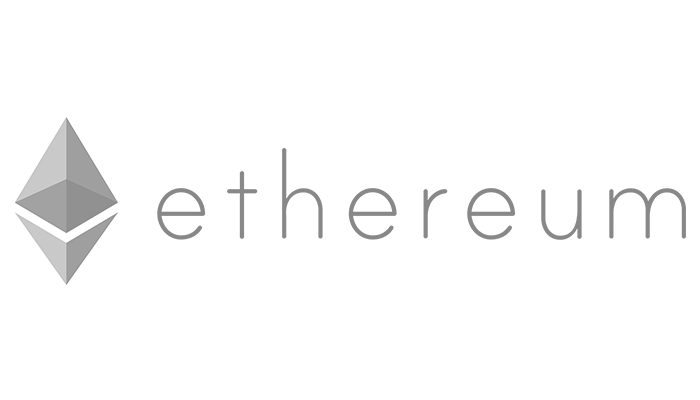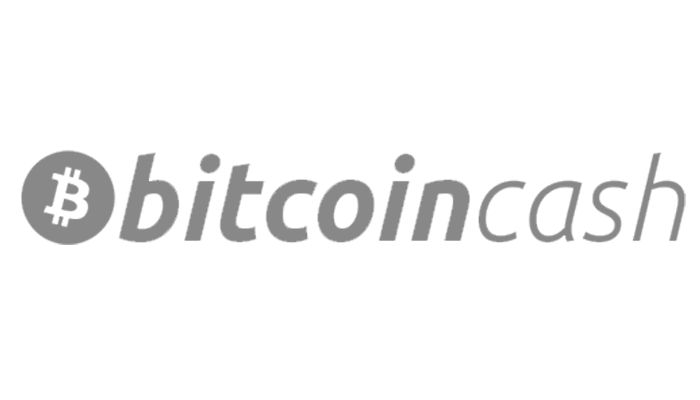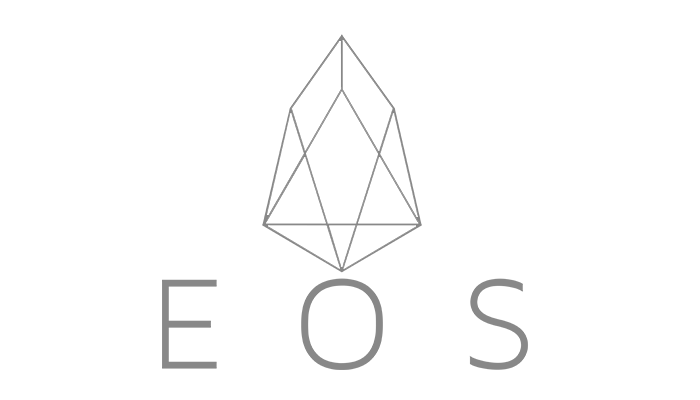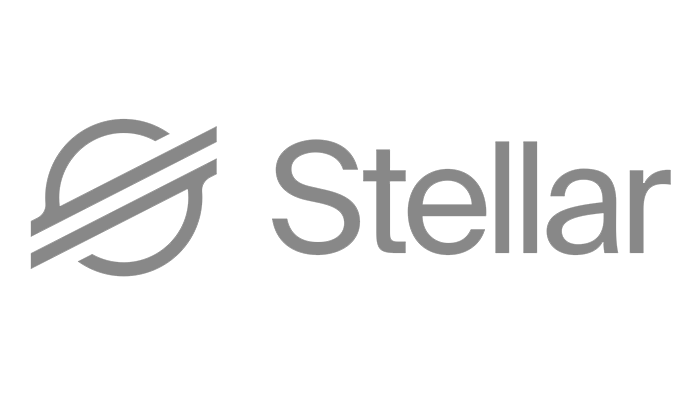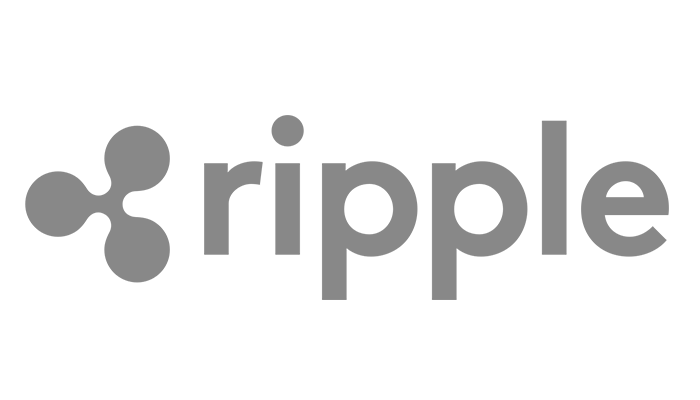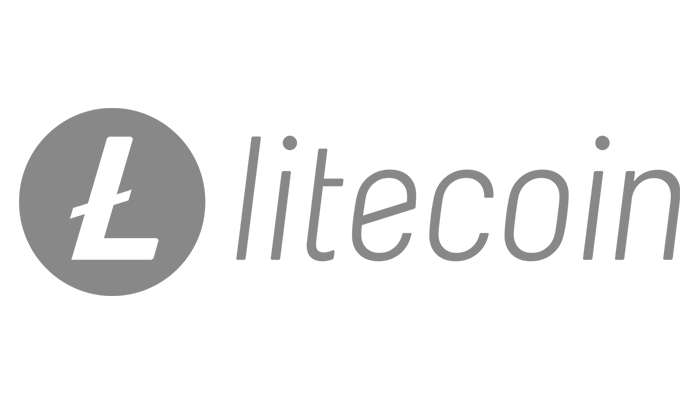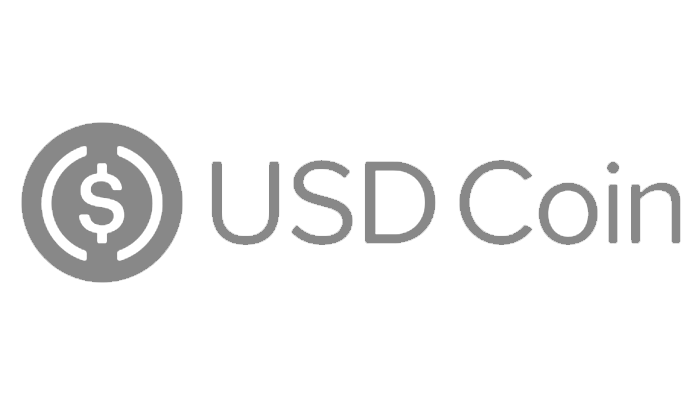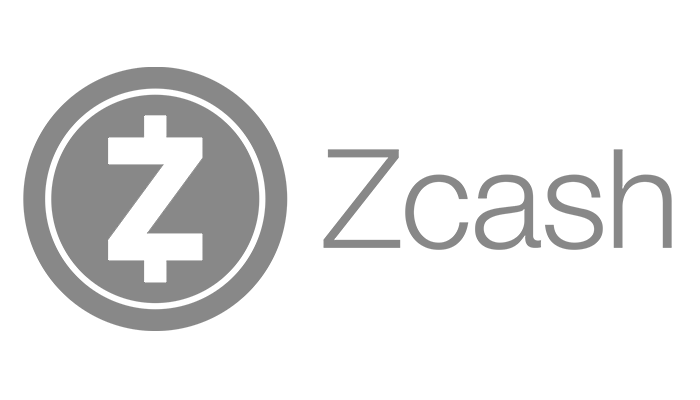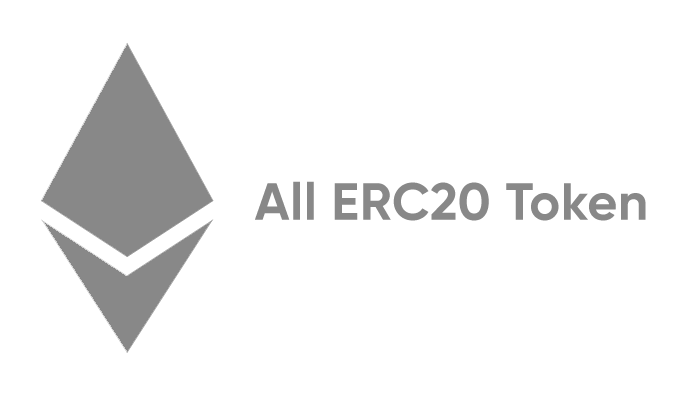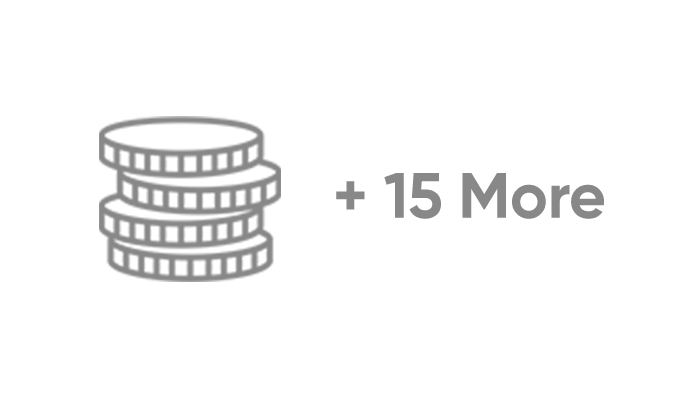In simple terms, Non-Fungible Tokens or NFTs are unique tokens. Each NFT token will have a unique identification code and metadata that distinguishes it from other NFT tokens. Non-fungible tokens are one-of-a-kind. On the other hand, digital currencies like Bitcoin would be fungible, as you can trade it for another bitcoin and still have the same thing. To learn more - What exactly is an NFT or Non-fungible token?
Picture a marketplace that can be customized to reflect your brand's unique identity and seamlessly integrated with your business. That's a white-label marketplace, a turnkey solution that allows you to offer a platform without developing one from scratch. It's a digital store where creators, collectors, and traders can monetize their products or services by converting them into NFTs, ready for secure and seamless trade.
The increasing adoption of NFTs by big brands, tech enthusiasts, investors, and collectors has made the need for a fully functional NFT marketplace crucial. NFT marketplaces are backed by blockchain technology, providing transparent and secure transactions without third-party involvement. Furthermore, they offer easy access to unique NFT assets with digital identities and increase user loyalty by promoting trust and participation. Therefore, developing an NFT marketplace is necessary to capitalize on the growing demand for NFTs and expand offerings in the market.
- Easier Customization: White-label NFT marketplaces offer high customizability, allowing businesses to tailor the platform to their unique needs. This results in a distinctive and engaging platform that can set them apart from competitors.
- Encrypted Security: Security is a top priority for any NFT marketplace, and white-label solutions provide robust encrypted security protocols. Moreover, it ensures that transactions and token storage are highly secure, minimizing the risk of hacking and phishing attacks.
- Decentralization: White-label NFT marketplaces are fully decentralized, eliminating the need for third-party intervention. Also, this gives users complete control of their assets, promoting transparency and trust in the platform.
- Cost-Effectiveness: Adopting a white-label solution for an NFT marketplace is more cost-effective than building one from scratch. Also, this saves businesses both time and money, which can be redirected to other aspects of the business.
- Quick Deployment: White-label NFT marketplaces can be deployed faster than building one from scratch. In addition, this ensures that businesses can enter the market quickly, allowing them to capitalize on the demand for NFTs and gain a competitive advantage.
Let's have a look at the five popular blockchain platforms that developers use for NFT marketplace development and their unique set of advantages and disadvantages.
- Ethereum is the most popular blockchain for NFT marketplace development due to its established reputation and wide user base, making it ideal for launching new projects. However, its scalability issues can make it difficult to use for large-scale applications.
- Flow, created by Dapper Labs, is a PoS-based blockchain that has the potential to power ecosystems of apps, particularly those related to gaming and digital collectibles like NFTs.
- Cardano, founded by Ethereum co-founder Charles Hoskinson, is a complex, decentralized proof-of-stake blockchain that provides a comfortable environment for developers to construct highly scalable and resilient Cardano-powered apps. Cardano performs well, handling over 250 transactions per second, and is projected to improve efficiency with Hydra's Layer 2 scaling technology.
- Solana is widely regarded as one of the quickest programmable blockchains in the symmetric encryption space, with around 400 projects in DeFi, NFTs, and Web3. The blockchain is built on a novel mix of PoH and PoS consensus techniques, executing 65,000 transactions per second and potentially reaching 700,000 TPS when the network expands.
- EOS is gaining ground as a top blockchain for NFT marketplace development, offering high scalability and quick transaction times. However, its lack of flexibility may be a drawback for some developers.
The cost of launching a whitelabel NFT marketplace with the CoinFactory platform depends on the solution configuration you need. Reach out to us today to get a cost estimate.
The solution supports payment options like fiat currencies, credit and debit cards, bank wire transfers, payment with digital currencies, etc.
The NFT marketplace solution is designed so that the user experience in buying an NFT is similar to how a purchase is done on a normal e-commerce website. There is no need to create metamasks or linked wallets that are confusing for normal users. To learn more - Top 10 Doubts And Questions On NFTs Answered
You can launch the NFT marketplace in a week if you only need basic branding customizations. We can also incorporate custom features and functionalities based on your business requirements.
Drop us a message with your NFT marketplace solution requirements, and our solutions experts will reach out to you as soon as possible. Have a detailed walkthrough of our crypto solutions to learn about our white-labeled crypto solutions and platforms.



